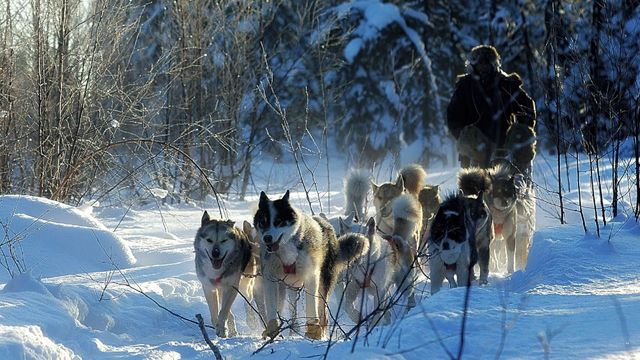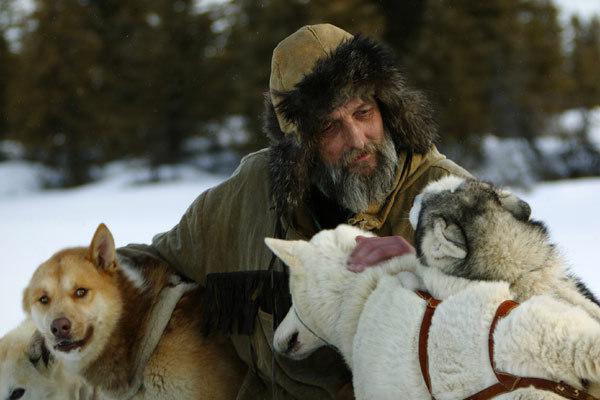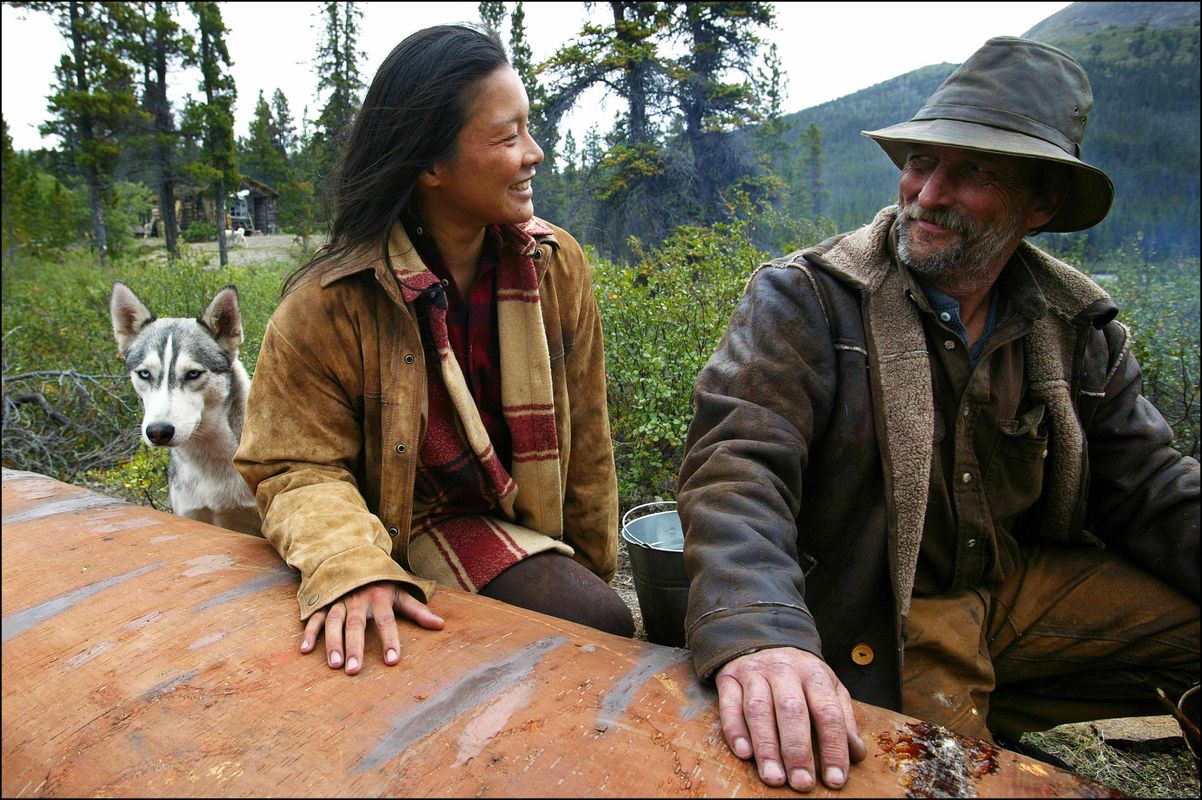The Last Trapper (2004)

The Last Trapper (2006) is a French documentary film directed by Nicolas Vanier. The film takes viewers on an incredible journey into the wilderness of the Yukon, Canada, where it follows the life of a solitary trapper. Through stunning visuals and a deep connection to nature, this documentary offers a glimpse into the harsh yet beautiful life of a person living off the land.
The documentary centers on the life of a trapper named Norbert, who has lived in the remote Yukon for many years. It showcases his daily routine as he sets traps, hunts, and survives in the extreme conditions of the Canadian wilderness. Norbert’s life is one of isolation, and the film emphasizes his relationship with nature, his skills in survival, and the challenges he faces in a world that is increasingly modernized.
The Last Trapper explores themes such as self-sufficiency, the human connection to the natural world, and the timeless tradition of trapping. The film captures the stark contrast between the modern world and the old ways of life, symbolized by Norbert’s solitary existence in the wilderness. It also highlights the importance of conservation and respect for the environment.

Nicolas Vanier uses breathtaking cinematography to bring the vast, untouched landscapes of the Yukon to life. The beauty of the snow-covered mountains, dense forests, and frozen rivers is a key aspect of the film, creating a strong sense of place. The slow pace of the documentary allows viewers to fully appreciate the solitude and the challenges faced by the trapper in this unforgiving environment.

In conclusion, The Last Trapper is a thought-provoking and visually stunning documentary that explores the life of a man who lives in harmony with the wilderness. Through Norbert’s story, the film invites viewers to reflect on our relationship with nature, the passage of time, and the simplicity of a life lived outside the demands of modern society. It’s a powerful reminder of the strength and resilience required to survive in the natural world.











